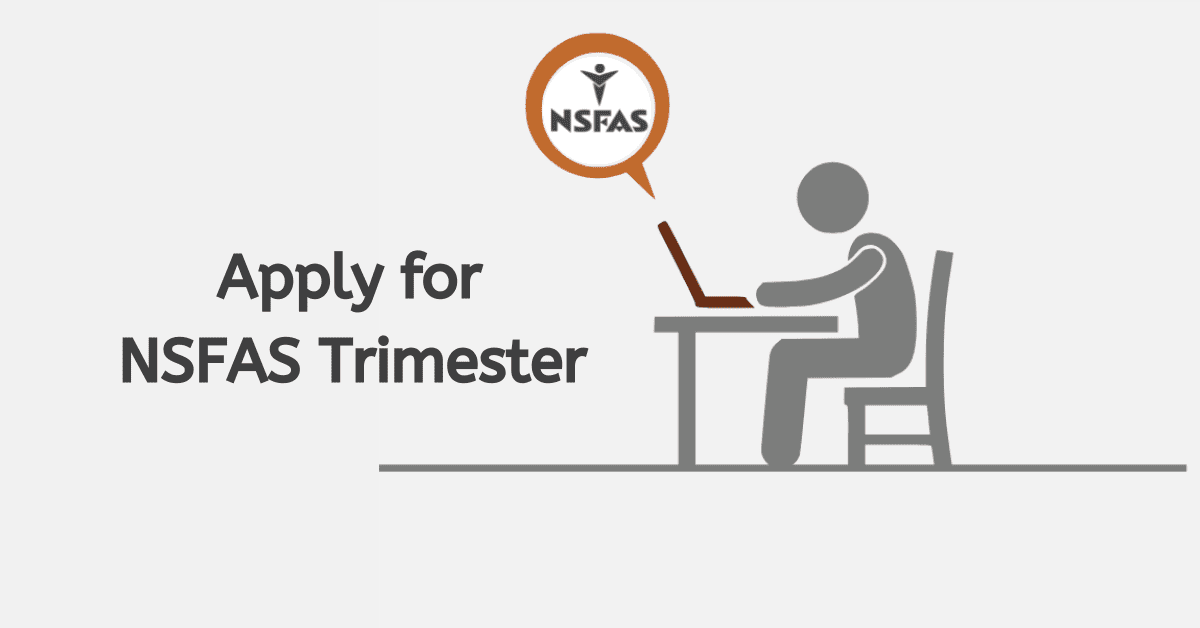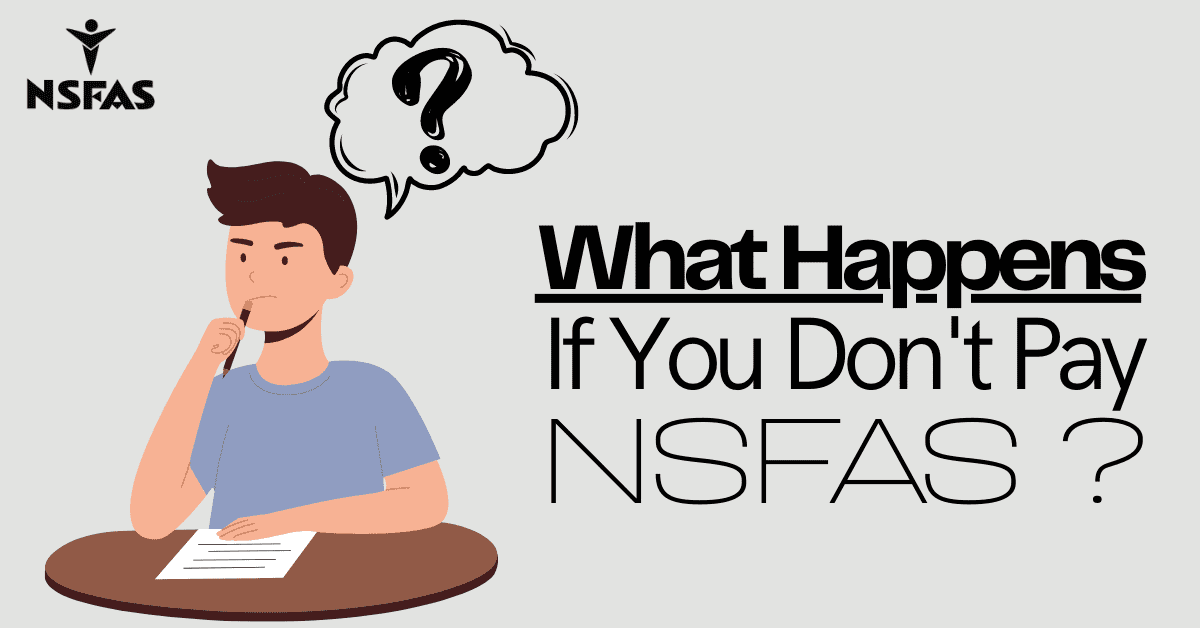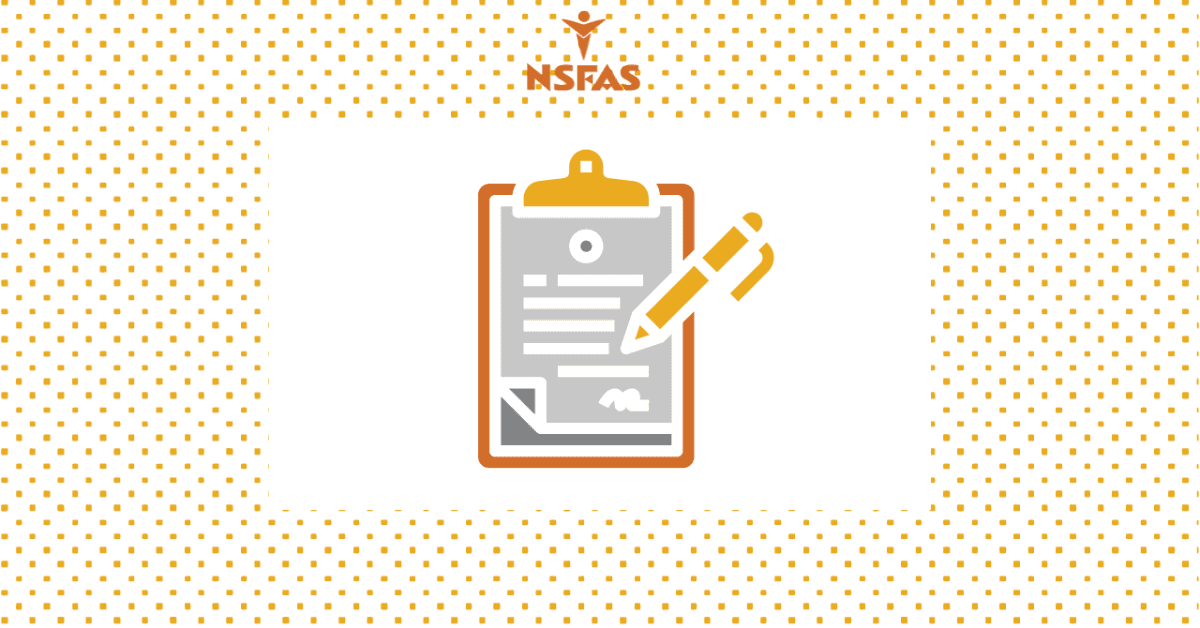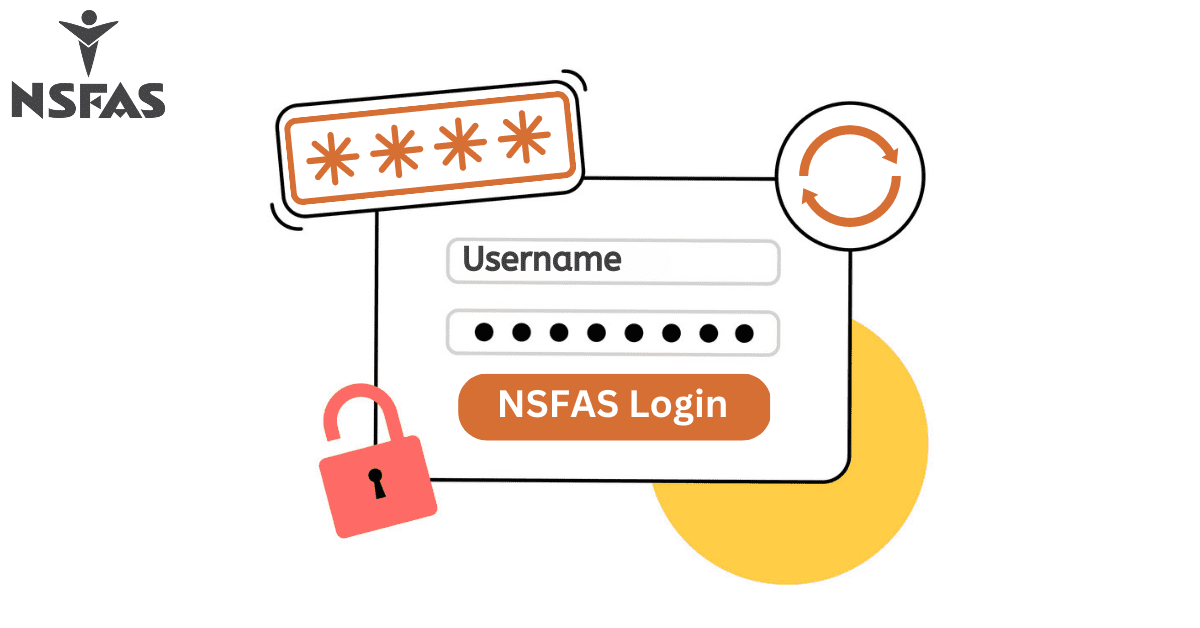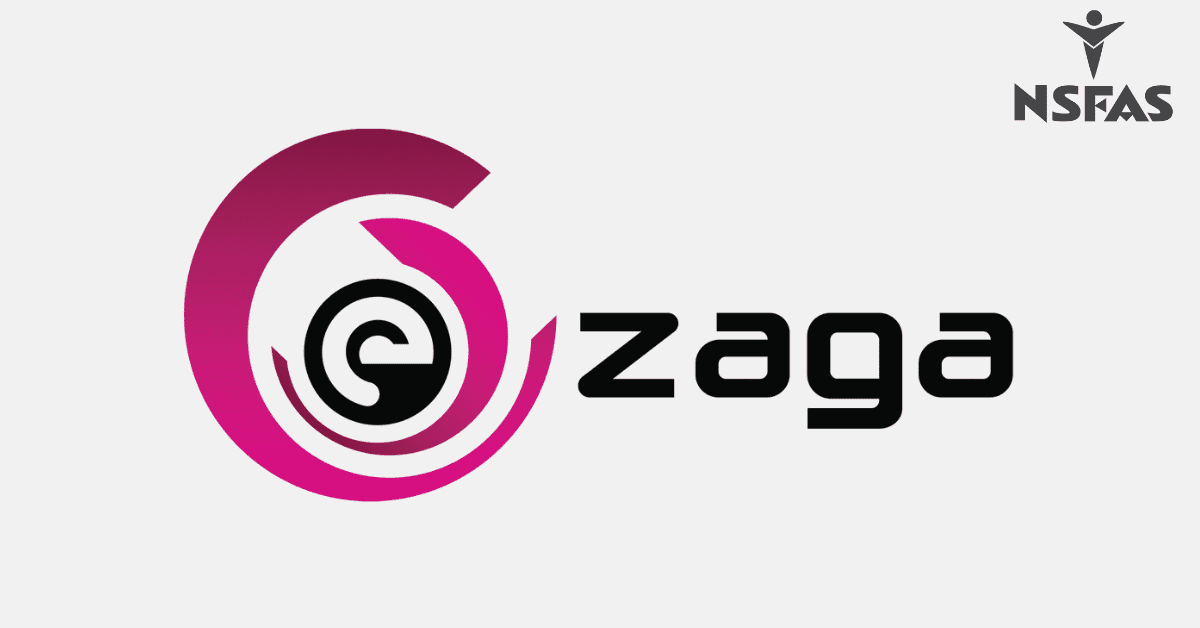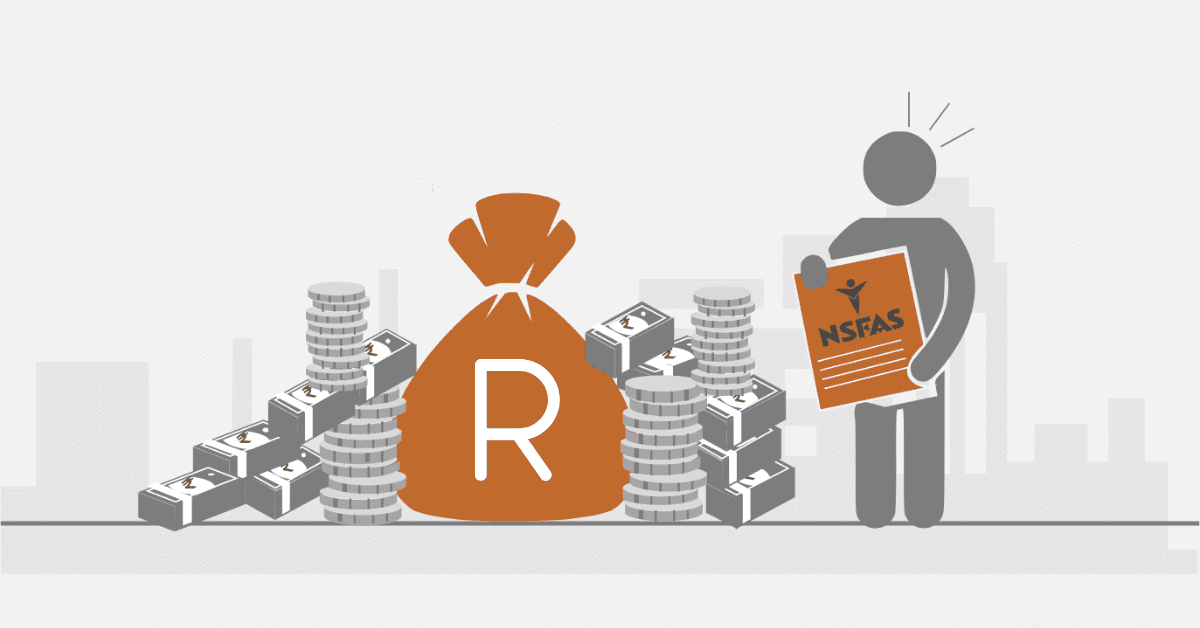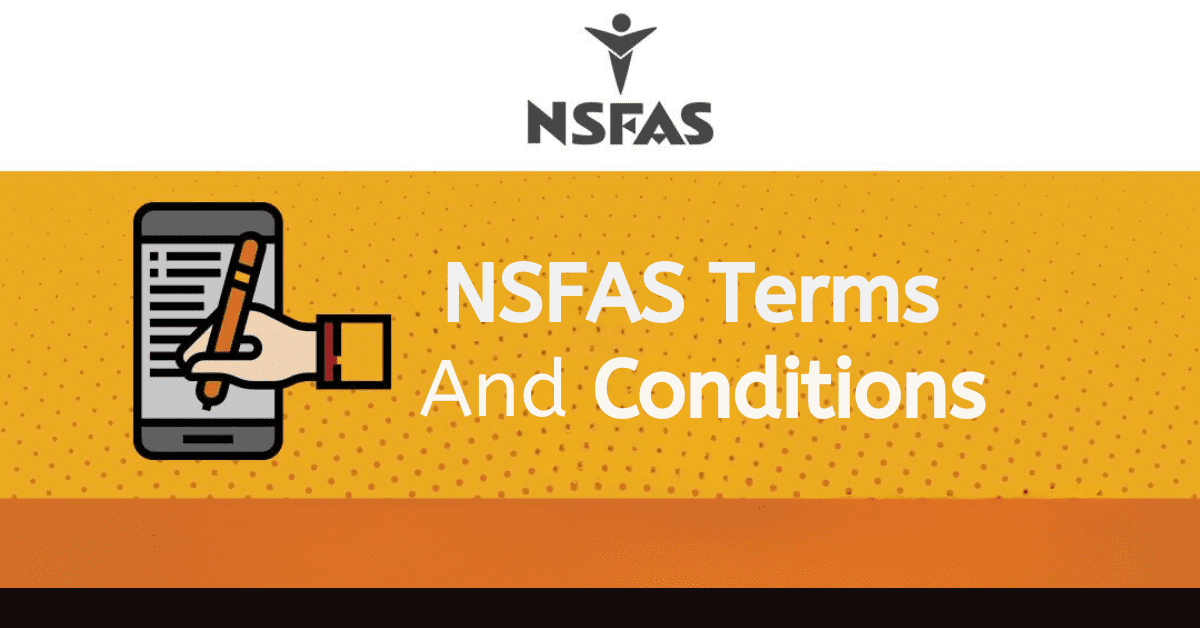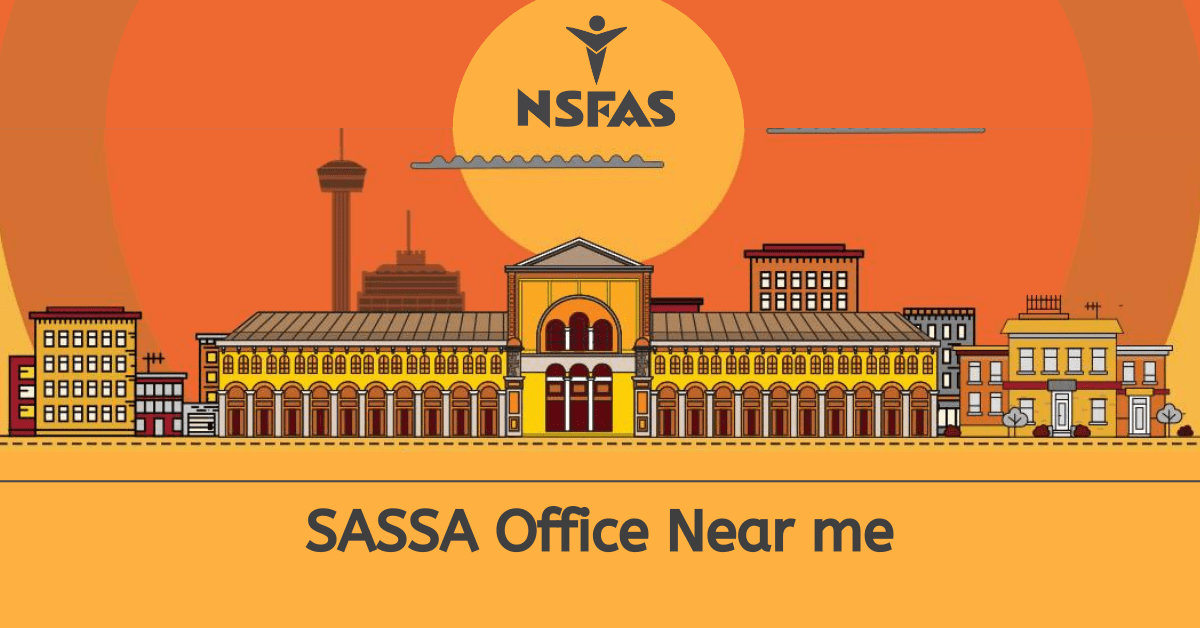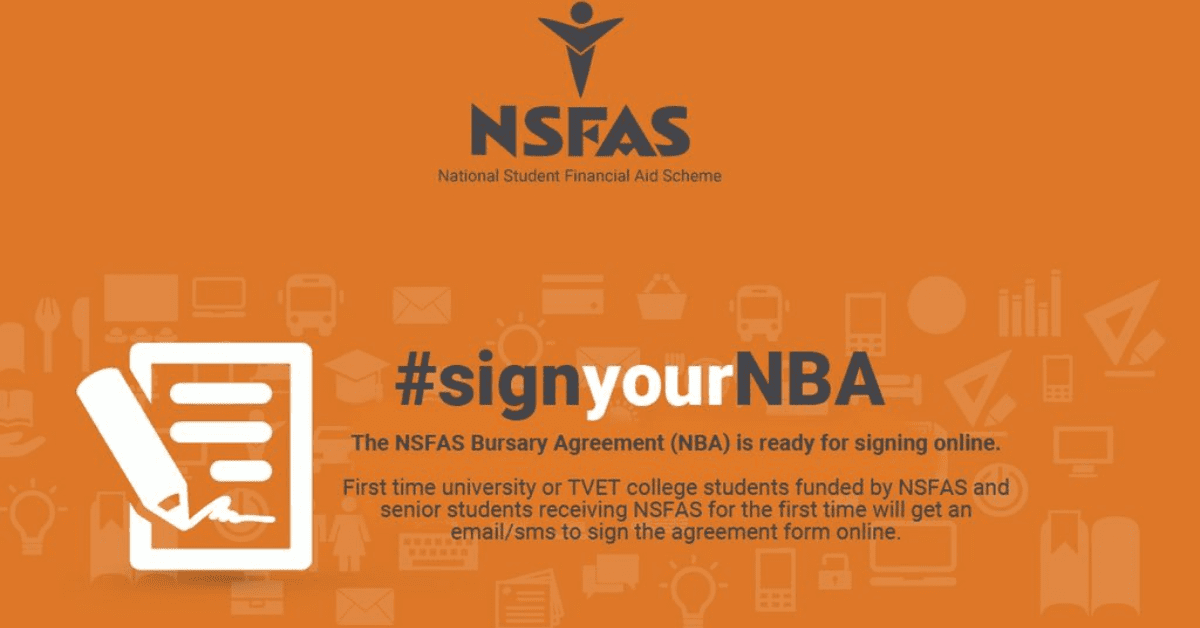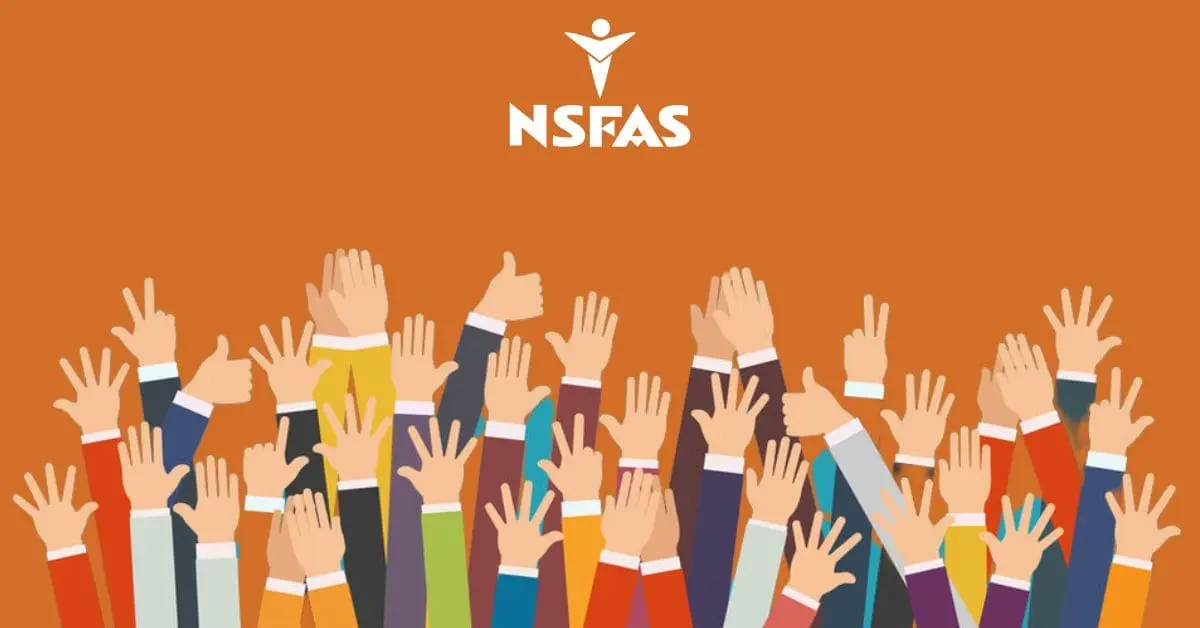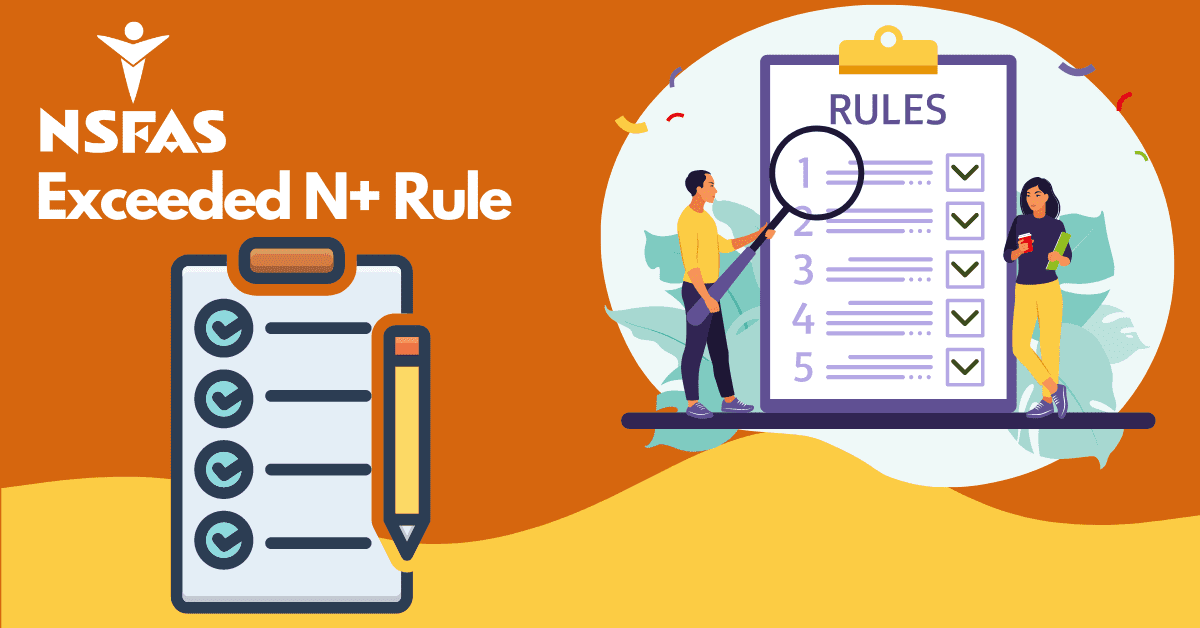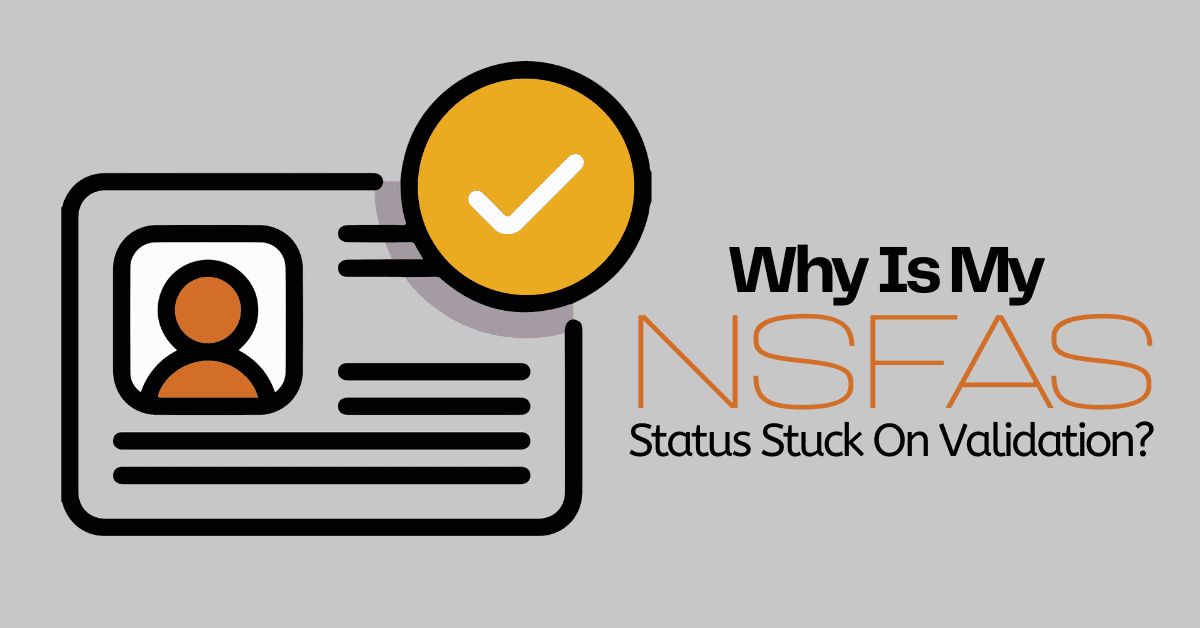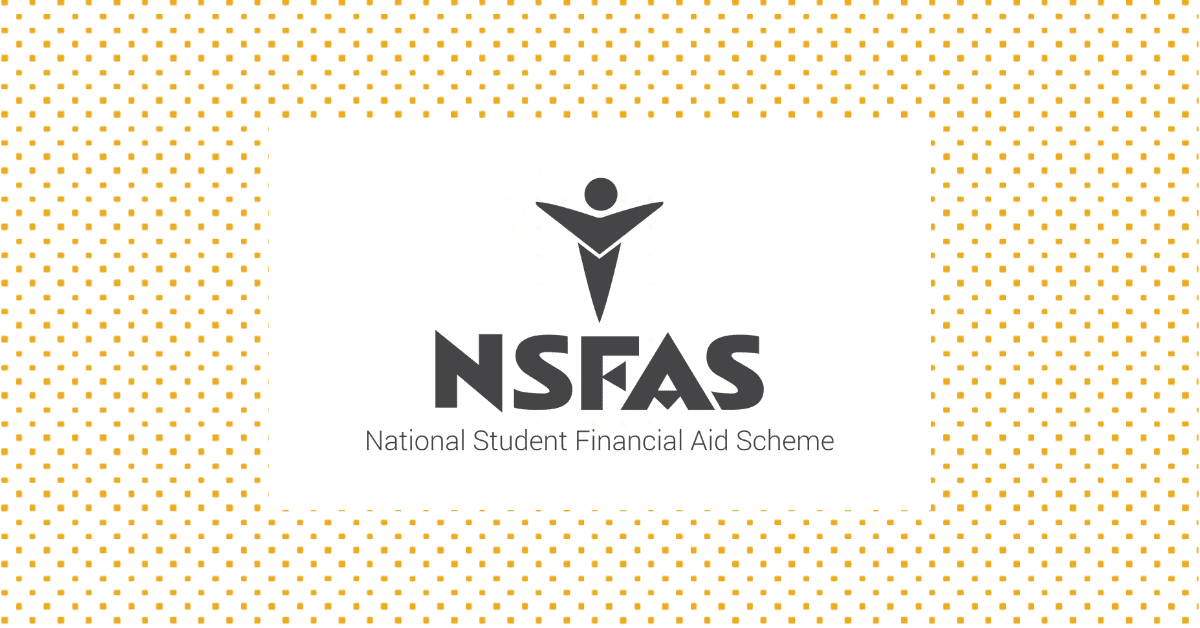When you embark on your academic journey as a student, the aim is always to finish on record time and move on to build a successful career.
However, tertiary studies can be challenging, with some having to take the longer route before obtaining that undergraduate qualification.
Just like other student funds, NSFAS gives beneficiaries a limited number of years to finish their studies, but what happens when a student requires additional funding to complete their qualification? If you want to learn more about the N+2 Rule, this guide is for you.
What is NSFAS N+2 Rule?
The NSFAS N+2 Rule applies where a student was unable to obtain their qualification on record time and has to take two extra years to complete their studies.
The N+2 Rule stipulates the additional number of years NSFAS may fund students who have exceeded their allocated funding but still have outstanding credits needed to graduate.
“N” stands for number of years, whilst “+2” is the maximum number of additional years required to complete a qualification by a student with outstanding credits. Eligible students may use the N+2 Rule to apply for additional funding.
The N+2 Rule is used to launch an appeal to NSFAS by a student who was unable to complete their undergraduate studies in record time, and requires an additional two years to obtain their qualification.
A student who has exceeded their allocated funds may use the N+2 Rule to make an application for additional funding to cover their two remaining years of study.
Does the NSFAS N+2 rule still exist?
The N+2 Rule still exists! The Ministry of Higher Education confirmed following complaints by students regarding unanswered appeals, that the N+2 rule remains applicable.
University students are still required to complete their studies within the prescribed period or record time for their qualification. The N+2 rule exists to make extra provision in situations where a student has failed their modules, and needs additional funding of no more than two years, to complete their studies.
How Does the NSFAS N+2 Rule Work?
The N+2 Rule is straightforward. If you were unable to complete your qualification in record time, and need extra funding of no more than two years, you may appeal to NSFAS requesting additional financial aid.
If your appeal is successful, you will then be funded for two more years to enable you to obtain your qualification.
What Does the N Stand For In the NSFAS N+2 Rule?
“N” stands for the prescribed number of years a student is required to complete their qualification at a tertiary institution. Funding is allocated based on the “N” number of years, also known as record time.
Once a student has received a firm offer from a tertiary institution they applied to, NSFAS concludes an agreement to provide funding for the minimum period – “N” it takes to complete the chosen qualification.
What Does The +2 Stand For In The NSFAS N+2 Rule?
The N+2 rule is self-explanatory, with the +2 referring to the additional two years of study NSFAS is willing to fund a student who has exceeded the prescribed period of completion for their qualification.
Eligible students will be granted an extra 2 years to complete any outstanding credits to obtain their qualification.
When Do You Need NSFAS N+2 Rule?
If you’ve failed to complete your qualification within the prescribed number of years, then you might need to use the NSFAS N+2 Rule. However, you may only do so if you require no more than two years of additional funding to complete your qualification.
NSFAS will not provide funding to students who have exhausted the additional +2 years of financial aid.
Can you appeal N+ rule NSFAS?
You cannot appeal the NSFAS N+Rule since it is standard and applies only to eligible students who require the predetermined additional years of funding needed to complete their qualification.
It’s important to note that the purpose of the N+ Rule is to ensure that NSFAS does not fund beneficiaries for longer than is necessary, to avoid depriving newer applicants the opportunity for funding due to budget constraints.
By placing a limit on funding, NSFAS is able to distribute funding equally amongst beneficiaries, whilst making sure that students are not in the system for way too long.
If you’ve exhausted the +2 additional years of funding and still have not obtained the minimum credits to graduate, you’ll be automatically disqualified from NSFAS funding and will have to explore other financial aid options.
Will NSFAS Use N+2 Rule When You Need More Than 2 Years?
The N+2 Rule only applies to beneficiaries of NSFAS who require only 2 extra years to complete their studies. Students who need more than two years of additional funding from the financial aid scheme are not eligible for the N+2 rule and will therefore not be granted funding.
Given the high demand for tertiary funding in South Africa and the government’s budget constraints, NSFAS has strict funding policies in place to ensure that beneficiaries do not exceed the maximum possible amount which may be allocated per student. The primary purpose of the N+2 rule.
The average undergraduate degree in South Africa requires 3 or 4 years to complete. The N+2 Rule applies to all undergraduate qualifications. NSFAS will not provide funding where a beneficiary needs more than 2 extra years of funding.
NSFAS-funded students who do not meet the requirements of the N+1 and N+2 Rules will be automatically defunded.
Does NSFAS N+2 Rule Effect When You Change Institution?
Changing insitutions has no impact on the N+2 Rule.
NSFAS takes into account how long a student has been registered as a student at a tertiary institution and not how long they’ve been a beneficiary of the financial aid scheme.
So when you change institutions, NSFAS will include the number of years you were previously registered as a student at any public institution when determining the remaining “N” number of years’ worth of funding you may be eligible for – regardless of whether or not you were funded by NSFAS at your previous institution.
Since NSFAS tracks funding allocated to a student using personal information, the financial aid provider is able to detect when a student switches tertiary institutions.
